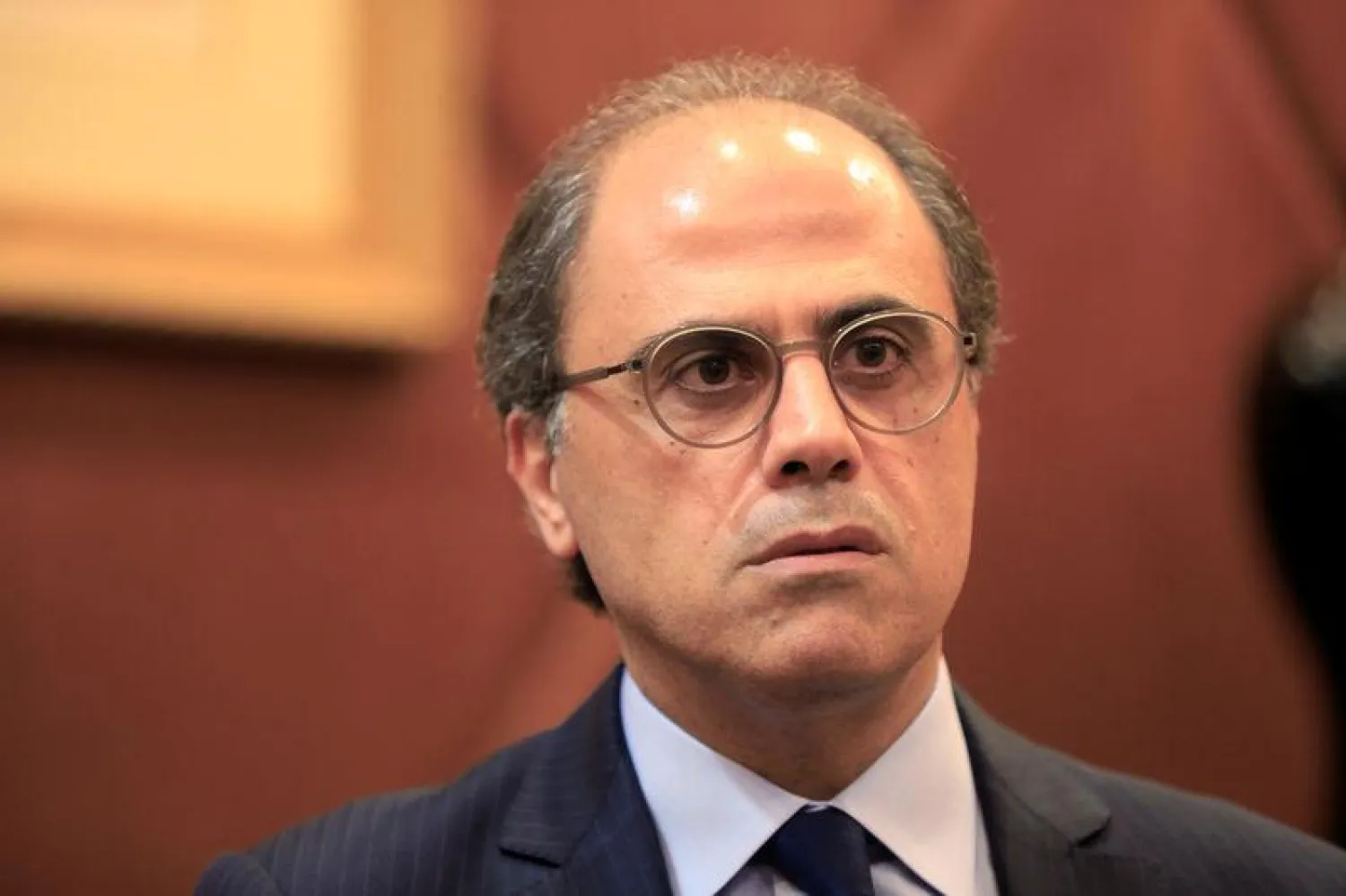Jihad Azour, Director of the Middle East and Central Asia Department at the International Monetary Fund (IMF), said that the world was going through a delicate stage due to successive shocks and uncertainty in the global economic system. He underlined the need for international cooperation to face challenges, especially with the decline in growth rates and high levels of inflation.
In an interview with Asharq Al-Awsat, Azour said the Arab region’s economies were divided into two categories. Those include, on the one hand, countries that have succeeded in dealing with the crisis, mainly the Gulf States, by adopting efficient measures that led to economic recovery of non-oil sectors, increasing production and export capacity, reducing budget deficit rates and achieving budget surpluses.
The second category, according to Azour, includes Arab countries that are suffering from high consumer prices and a food crisis that is linked to imports from Russia and Ukraine. He noted that these countries would maintain reasonable levels of growth in 2022, but inflation would remain a serious challenge, especially in countries with a high debt ratio.
The IMF and the region
Azour said that the IMF has provided the highest rate of financing to many Arab countries in decades.
He noted that over the past two years, the Fund supported the Arab world with around $50 billion in several stages, to confront the Covid-19 pandemic. These loans have benefitted a large number of countries, in view of the financial crisis that arose with high inflation rates and the change in US monetary policies.
With regards to the role of the Fund in helping Lebanon, Azour said: “A preliminary agreement was reached with the Lebanese government last April, and there are a set of measures that the government must adopt to restore economic stability. This will be an entry point for finalizing the agreement.”
The Director of the Middle East Department at the IMF denied reports on the presence of impossible conditions in lending to Egypt.
He pointed to discussions and technical matters to reach the final version of the agreement.
“In any negotiations, there are procedural details… That’s why things take time,” he said.
Azour continued that the IMF was working with the Egyptian government to reach an agreement that would help the country face shocks, including the repercussions of the Russian-Ukrainian war and the rise in oil and energy prices, and carry out the necessary reforms that contribute to revitalizing investment in the private sector.
The IMF had secured support for Egypt in 2016 through a first program, which had a positive impact on the Egyptian economy, by raising growth levels, capital flows and reserves in the Central Bank, he underlined.
He added that the fund also provided support of about $8.8 billion to Egypt in 2020 to confront the Covid-19 pandemic.
The world economy
Azour pointed to the global high inflation levels, as well as geostrategic conditions that affected food security and production chains, in parallel with the rise in the price of the dollar compared to other currencies.
A re-evaluation of the economic outlook for this year indicates that the major economies would witness a slowdown in growth levels, he told Asharq Al-Awsat.
He explained that economies of the Arab region were divided into two tracks. The path of the oil-producing countries, especially the Gulf, which are taking a positive turn, thanks to the measures they took during the Covid-19 pandemic. Those countries have seen an economic recovery of the non-oil sectors in 2021, in parallel with the rise in oil prices and the increase of production and export capacity, which contributed to enhancing growth.
On the other hand, Azour said that oil-importing countries were suffering from high prices, in parallel with a food crisis that is linked to imports from Russia and Ukraine.
These countries will maintain reasonable levels of growth in 2022, but the main challenge for them is to confront inflation, and the impact of high global prices, especially countries with a high debt ratio, he remarked.
Saudi Arabia and the global crisis
In his interview with Asharq Al-Awsat, the IMF Middle East and Central Asia director said that Saudi Arabia, as well as the UAE, succeeded during the Covid-19 pandemic in taking quick measures, which mitigated the impact of the crisis.
This was followed by other measures to improve the labor market and raise production capacity, he noted, adding that indicators in Saudi Arabia pointed to a decline in unemployment levels among citizens and residents.
Future outlook
Azour noted that the current difficult stage required rapid action in terms of reforms and policies, as well as cooperation of countries to face challenges.
“It is true that there are declines in growth, but those are natural... There are high levels of inflation that must be reduced, and there are balances that must be stabilized between supply and demand at the global level,” he remarked.
He explained that the global economy in 2022 was witnessing growth. Economies of the region are expected to achieve a 5 percent growth this year, and 5.3 percent in 2023.
“We are going through a delicate stage, given the successive shocks and uncertainty in the direction of the global economic system,” he stated.









